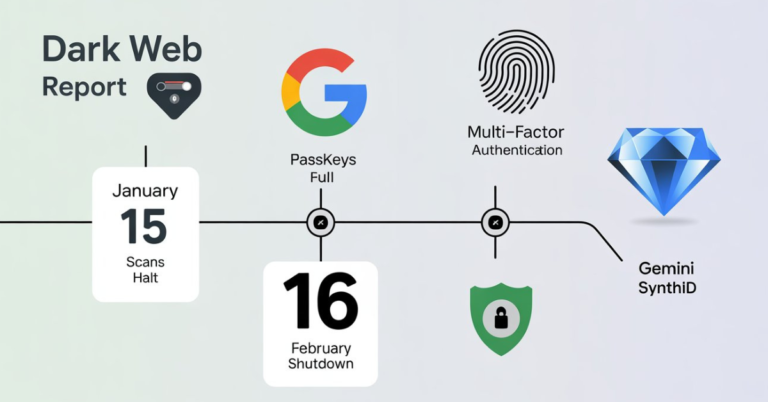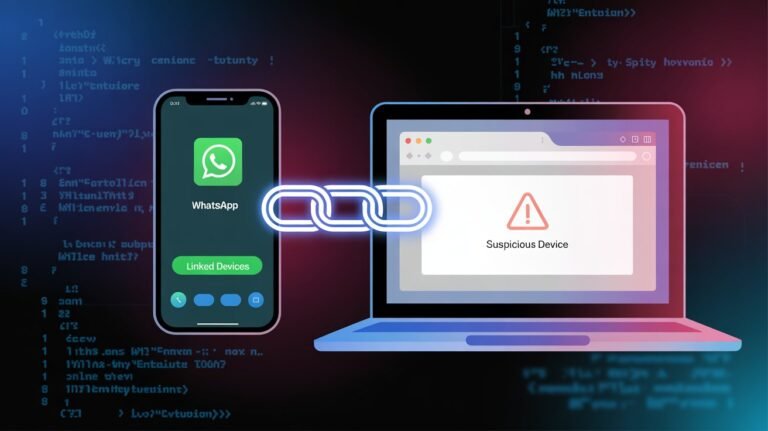Cybersecurity experts have identified a sophisticated new malware known as PLAYFULGHOST, which comes equipped with an array of advanced information-gathering capabilities. These include keylogging, screen and audio capture, remote shell access, and file management operations, making it a significant threat to systems it infiltrates.
Origins and Links to Gh0st RAT
PLAYFULGHOST’s design and functionality show strong similarities to Gh0st RAT, a well-known remote administration tool whose source code was leaked back in 2008. This linkage highlights the evolution of cyber threats, where existing tools are repurposed and enhanced for modern attack scenarios. According to Google’s Managed Defense team, PLAYFULGHOST leverages advanced features that make it a formidable threat actor in the cybersecurity landscape.
Initial Infection Pathways
The malware’s entry methods include carefully crafted phishing campaigns and the use of search engine optimization (SEO) poisoning techniques. One notable tactic involves distributing malware-laced versions of legitimate VPN applications, such as LetsVPN.
In one phishing scenario detailed by Google’s researchers, victims are deceived into opening a malicious RAR archive disguised as a JPEG image file. Upon extraction and execution, the archive drops a malicious Windows executable, which in turn downloads and activates PLAYFULGHOST from a remote server.
Alternatively, SEO poisoning lures users to download compromised installers for LetsVPN. These installers deploy an interim payload that subsequently retrieves the backdoor’s components.
Advanced Persistence and Deployment Techniques
PLAYFULGHOST employs sophisticated mechanisms to ensure its persistence on infected devices. These include:
- Manipulating the Windows Run registry key.
- Creating scheduled tasks.
- Adding files to the Windows Startup folder.
- Installing as a Windows service.
Once installed, the malware uses techniques like DLL search order hijacking and side-loading. These methods involve loading a malicious DLL that decrypts and executes PLAYFULGHOST in memory, making detection and removal more challenging.
A more complex execution method was observed involving a Windows shortcut file (“QQLaunch.lnk”). This file combines fragments from other files to construct a rogue DLL, which is then sideloaded using a renamed instance of “curl.exe.”
Capabilities and Impact
The malware’s versatility lies in its extensive feature set, allowing it to:
- Log keystrokes and capture screenshots and audio.
- Gather system metadata and clipboard content.
- Extract QQ account information.
- Identify installed security software.
- Delete browser profiles and caches from applications like Google Chrome, Firefox, QQ, and 360 Safety.
- Interfere with messaging apps such as Skype and Telegram by erasing profiles and local storage data.
Additionally, PLAYFULGHOST can deploy supplementary tools like Mimikatz and a rootkit capable of hiding specified files, processes, and registry entries. The malware also incorporates an open-source utility called Terminator, which employs a Bring Your Own Vulnerable Driver (BYOVD) technique to disable security processes.
Regional Targeting and Attribution
The infection’s focus on applications like Sogou, QQ, and 360 Safety—as well as the use of LetsVPN as a lure—suggests that the malware is targeting Chinese-speaking Windows users. This aligns with a broader trend in cyber campaigns leveraging regional software to reach specific demographics.
A similar operation was reported in July 2024 by Canadian cybersecurity firm eSentire. That campaign utilized fake Google Chrome installers to distribute Gh0st RAT via a dropper tool dubbed Gh0stGambit. These parallels underscore the persistent evolution of tactics derived from older malware families.
Conclusion: A Growing Threat Landscape
The discovery of PLAYFULGHOST underscores the increasing sophistication of cyber threats and the importance of proactive defenses. With its advanced persistence techniques and broad range of capabilities, PLAYFULGHOST poses a significant challenge for cybersecurity professionals. As attackers refine their methods, organizations must remain vigilant, ensuring robust detection and response strategies to mitigate the impact of such threats.















